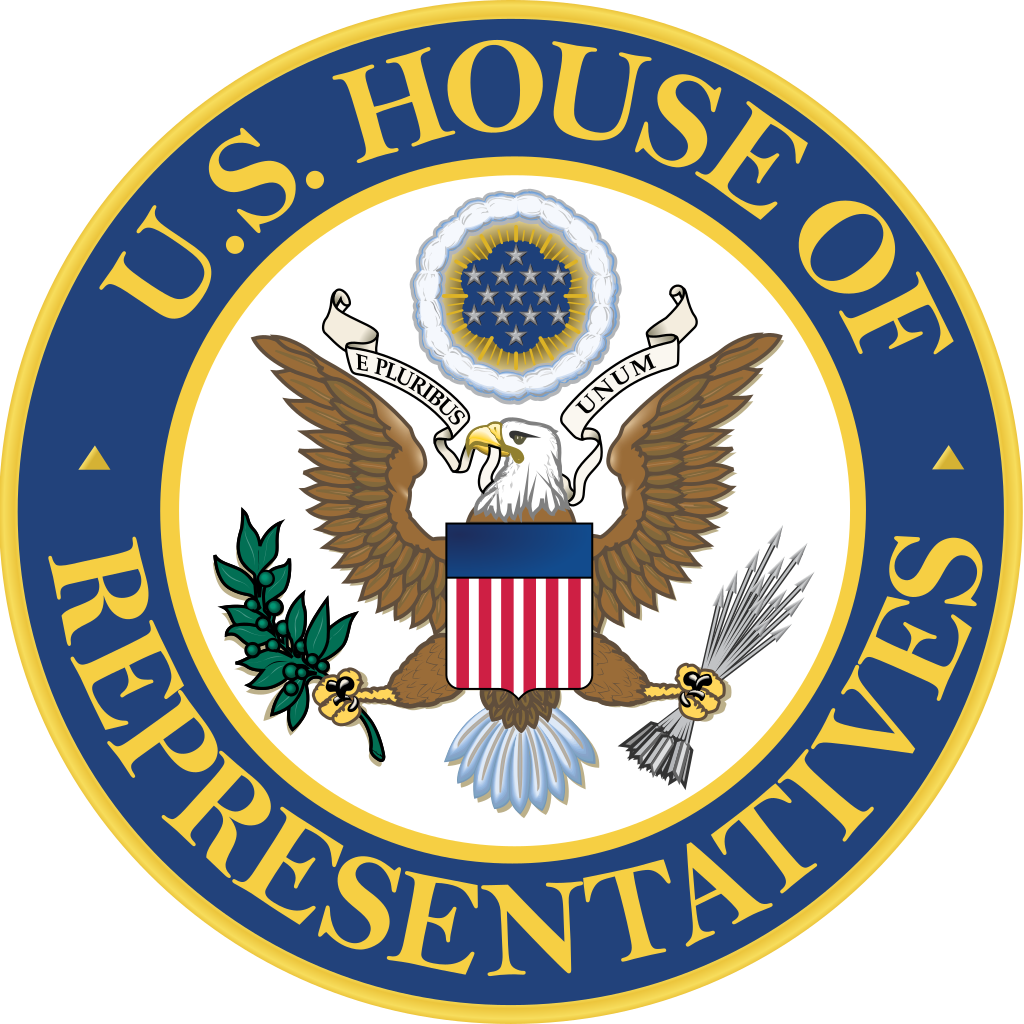On Thursday the 16, The U.S. House of Representatives passed the new Tax Cuts and Jobs Act, narrowly getting it through with a 52% approval. Every Democrat in the House voted “No” on the bill, and only 13 Republicans voted against it. Of those 13, 12 of the Republicans came from the high-tax states of New Jersey, New York, and California, due to there being a provision within the bill limiting the ability of taxpayers to deduct their state and local taxes from their federal taxes.
The Senate is expected to vote on a tax bill after Thanksgiving before the new tax code can be signed into law by President Trump and then come into effect in 2019 when 2018 taxes are being filed.
The House of Representatives’ passed bill cuts corporate tax (the tax paid by corporations on their income) from 35% to 20%, doubles the standard tax deduction that taxpayers can use instead of an itemized deduction, limits taxpayers to deducting $10,000 of their federal taxes from state and local taxes, removes the health insurance mandate put in place by the Affordable Care Act, gradually repeals estate tax (tax collected after property is transferred after death), increases the child credit by $600 per child, and reduces the number of tax brackets from 7 to 4. The new tax brackets would be 0%, 12%, 25%, and 35%, and any income over one million dollars would still be taxed at the current 39.6%. Individual tax cuts within the plan would not have a date at which they expire.
So far, the Senate has proposed its own plan, which differs from the House plan in that the child credit would be raised by $1000 per child, the highest tax rate would be lowered to 38.5%, the individual tax cuts would expire in 2025, estate tax would remain untouched, and deductions for state and local taxes would be completely removed.
The new tax system championed by congressional Republicans intends to make the tax code simpler and to provide immediate tax relief for Americans in all tax brackets. However, according to the Joint Committee on Taxation, tax rates would begin to rise again in 2021, with Americans earning less than $75,000 per year paying more than they currently do by 2027, while those earning $100,000 or more would still be paying less than they currently do.
The Senate will be voting on the issue in the near future, and it is narrowly split with 48 Democrats and 52 Republicans. California, New Jersey, and New York (the states whose Republicans voted against the House plan, even after some state and local tax deductions were allowed), have no Republicans in the Senate to vote against the Senate plan which may remove the deduction entirely.
Zane Nogueras, an NJIT freshman studying Biomedical Engineering, states, “as a resident of New Jersey, removing the deduction affects us negatively as a state, so I’m completely against it.”
Removal of the health insurance mandate, which taxes citizens for not having health insurance as a part of the Affordable Care Act, would lower costs for those who do not have health insurance or wish to not have it, but a reduction in health insurance payers would directly cause an increase in insurance premiums. Considering Congress has tried and failed multiple times to “repeal and replace Obamacare,” this seems to be a backhanded attack on the popular health insurance policy by removing one of its major points.
The Senate bill has not been finalized yet, and thus there is still time and room for public opinion and lobbying to change the bill around. Considering New Jersey’s Governor-elect Phil Murphy has a multitude of plans which would be funded through state taxes, it is pertinent to New Jersey residents that the state and local tax deduction remain untouched in the federal tax code.
https://www.nytimes.com/2017/11/16/us/politics/house-tax-overhaul-bill.html






























